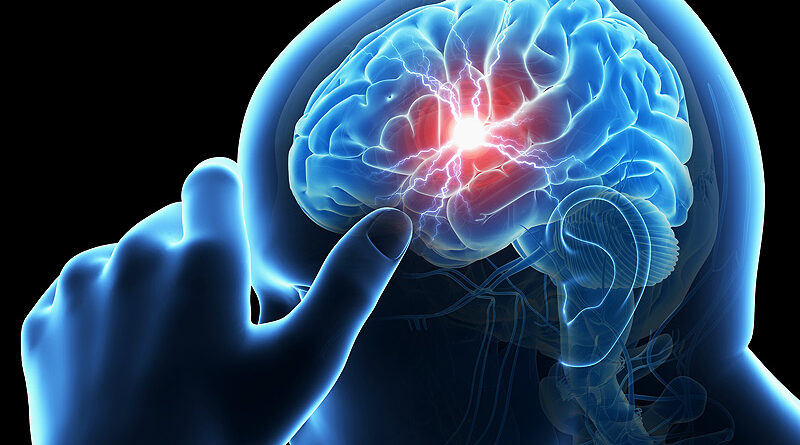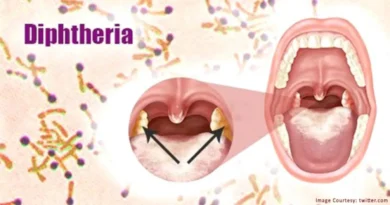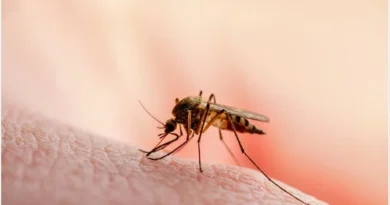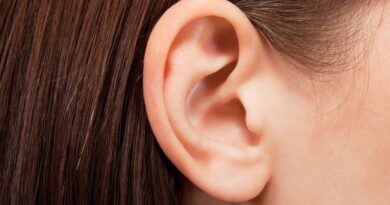Stroke – Symptoms, Causes and Treatment
A stroke, also known as apoplexy, is a sudden acute disturbance of brain function of vascular origin. It may result in loss of consciousness, paralysis or death. It is the most common form of brain disease, which can occur at any stage, although, the risk increases greatly in the older years of life.
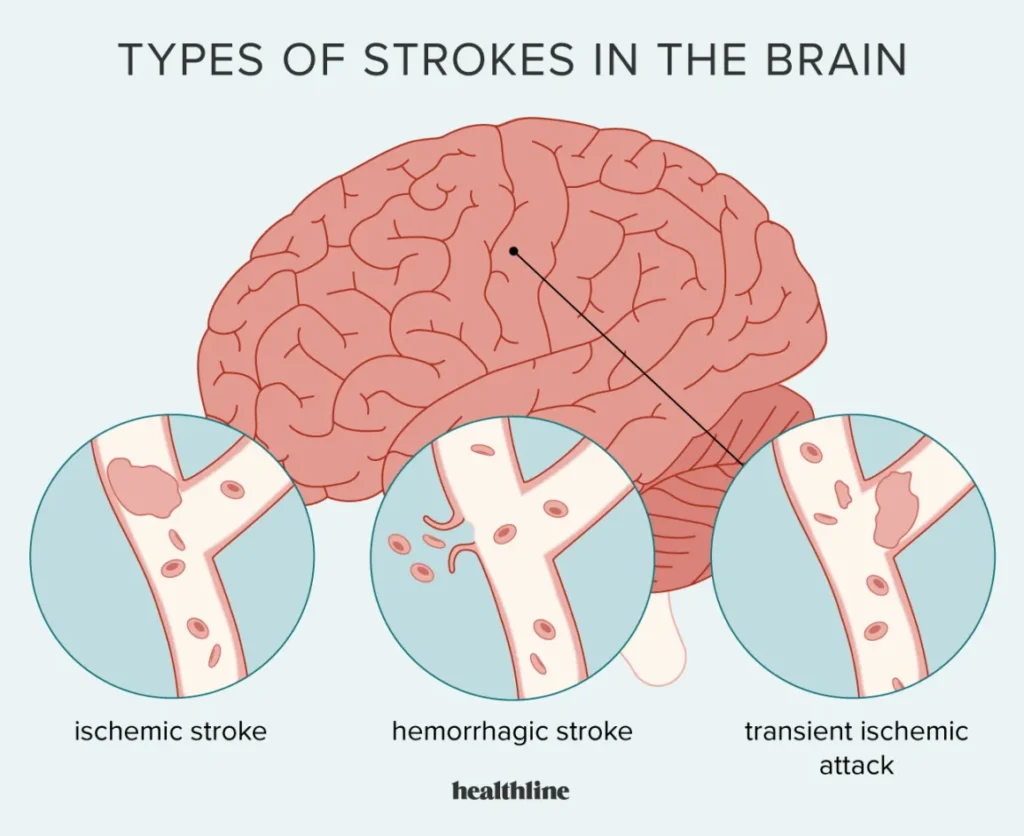
Symptoms
Usually, the first sign of stroke is dizziness, followed by nausea and vomiting, and later by weakness of the body. The patient may complain of a severe headache, and may even have a convulsion, or pass into a coma from which he cannot be aroused for some time. He may be completely paralysed on one side and may not be able to speak. He may be mentally alert, but for some time, he may not be able to recall the actual words he wants to use.
Many strokes occur suddenly and tend to clear after a few hours. In more serious cases, the patient may remain in a deep coma for several days. He may have a fever, a rapid pulse and difficulty in breathing. This condition may arise due to haemorrhage of the brain, if the coma lasts for more than six hours and the patient passes periods of convulsions with stiffness in the neck and his eyes are turned sharply toward the paralysed side. A sever haemorrhage may prove fatal in two or three days, especially if the patient has a high fever with a rapid pulse.
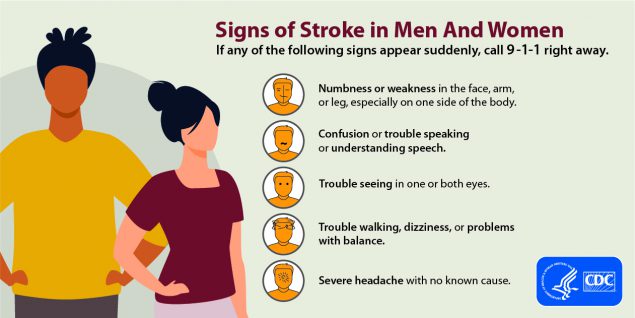
Most patients recover, if the stroke is due to thrombosis, or if only a small vessel is involved. Many of them may not even lose consciousness, but the weakness or paralysis may continue for a long time. There may also be some permanent disability, even with the best of care.
Causes
The brain is a delicate organ requiring a constant supply of blood. A stroke occurs when one of the vessels leading to a portion of the brain becomes blocked by a blood clot. This may be due to inflammation, arteriosclerosis, or the presence of a clot or embolus from the heart. Occasionally one of the vessels leading to the brain may rupture because of a small aneurysm or enlargement in the wall of the vessel. This will cause a serious haemorrhage. A sudden rise in blood pressure caused by emotion like anger may rupture the aneurysm. Most strokes are due to thrombosis, or clotting of blood within the vessel. When this happens, that portion of the brain becomes necrotic and dies.
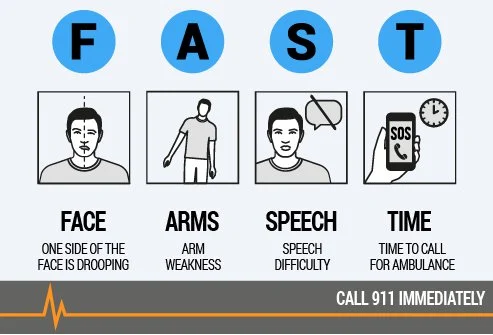
Treatment
Good nursing care is of utmost importance, especially during the acute stage. The patient should be made to rest in bed, and he should be turned frequently from side to side to prevent development of pressure sores. Cold compresses may be applied to the head to relieve pain. The patient should be protected from visitors and all forms of excitement. He should not return to work for several months.
Fasting
The most important factor in treating this disease is fasting. The patient should fast for the first few days and he should be given only water to drink, if he can take it. Thereafter, he may be given orange juice and water. The fast should be continued till the severity of the stroke has passed off. He can then be allowed to take fresh fruits such as orange, apple, pineapple, pear, grapes, peach and papaya. The diet can be extended to include fresh and unboiled milk, and as convalescence progresses, the fruit and milk diet can be gradually followed by a well-balanced diet consisting of seeds, nuts and grains, with emphasis on fresh fruits and raw vegetables salad.
The patient should be encouraged to use the paralysed limbs and move all the joints several times daily. The paralysed muscles should be gently massaged. As soon as possible, the patient should come out of bed and walk around the room.
The patient should avoid tea, coffee, white flour, sugar and all products made from them as well as all flesh foods. He should also avoid spices, condiments, pickles, tinned and frozen foods, fried foods and other foods which are difficult to digest. The consumption of alcoholic beverages and smoking, whenever habitual, should be stopped completely.
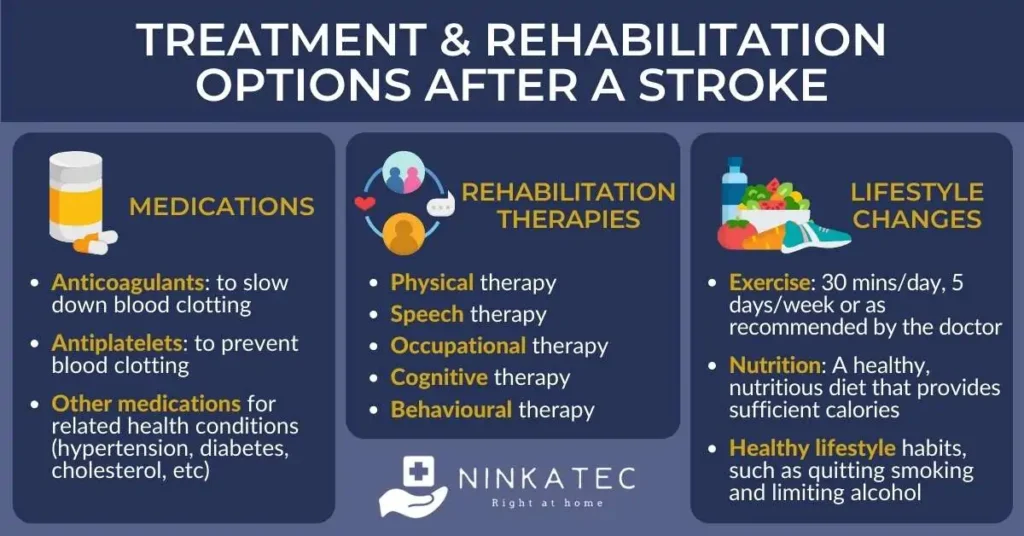
Outdoor Activities
When the patient is able to move about, he should take breathing and other exercises daily, together with the daily friction and sponge. Prolonged neutral immersion bath will also be beneficial in the treatment of this disease.
Fresh air and outdoor exercises, as far as possible, correct diet and clean wholesome living will prevent occurrence of further strokes. All undue nervous excitement, needless worry and excessive strain must be avoided.

